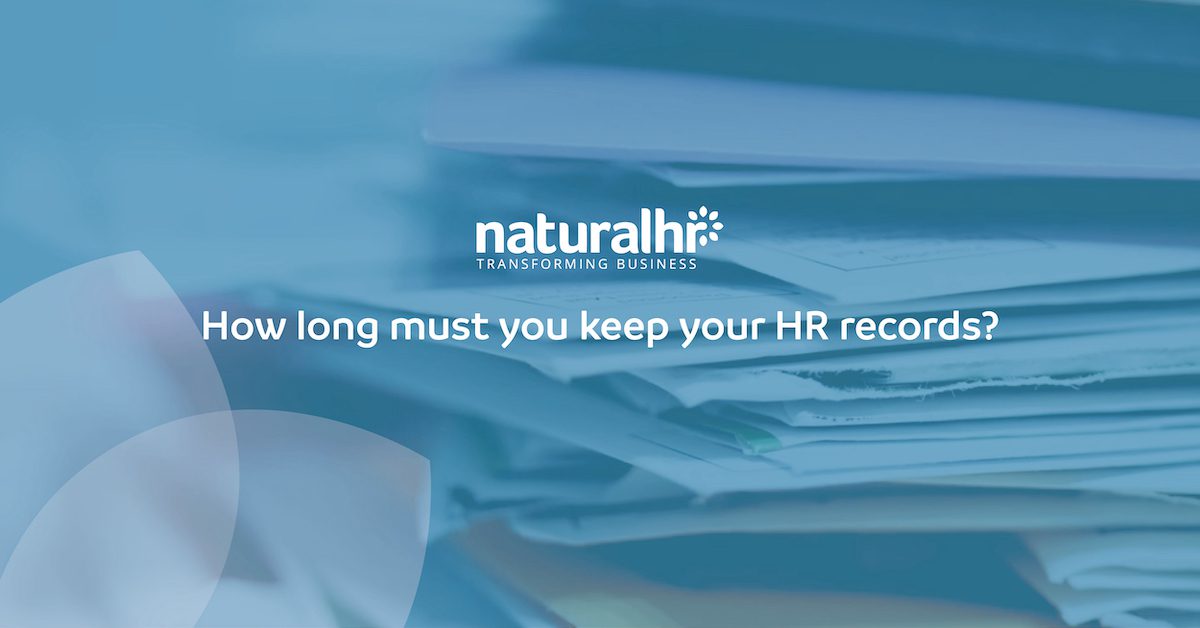Manual administration can create many problems for HR, as working with spreadsheets and paper-based systems are cumbersome and difficult. The negative impact of all this labour-intensive administration is most obvious in the amount of time and effort involved in people doing these tasks. This translates into higher costs and missed opportunities i.e. preventing teams from working on more impactful HR initiatives. Yet this is just the tip of the iceberg, as there are a host of unseen costs related to manual HR administration that may be sucking up resources and causing problems without you even realising it. Here are seven…
In the UK, there is widespread distrust of flexible working. Many senior people are suspicious of it – worrying that if they allow employees to work outside the office, it will be a privilege that is abused. In many parts of our working culture, leaders still have issues with trust, accountability and ‘presenteeism’. In short, it is often discouraged because managers and business owners fear it will harm productivity. But this view is not backed up by research. In fact, studies overwhelmingly show that flexible working boosts productivity. For example, a recent HSBC report into the technology sector, one of…
With the General Data Protection Regulation (GDPR), coming into force very soon, many HR organisations are still confused about their new legal obligations when it comes to collecting, processing and retaining employee data. The new regulation stipulates that a single basis for the lawful processing of employee data needs to be chosen. Up to now, consent has been one of the most commonly relied on grounds for data processing, however, under the GDPR it will be difficult for consent to be freely given and valid for all processing requirements. It will be very hard for an employer to justify a…

The law has always required you to keep HR records. The Data Protection Act (DPA), which governs this area, stipulates statutory retention periods for some records – for example, payroll data, P60s and P45s must be retained for at least six years. But for other areas, such as CVs and interview notes, the DPA lays down no fixed regulation and instead advises that employee personal data should ‘not be kept longer than necessary for the purpose for which it was processed’. So, in many cases, you must use your discretion. There is slightly conflicting guidance on the exact length of…
There is no universal threshold a small business needs to reach before starting to build an in-house HR team, but 50 employees is a typical benchmark. At this point, it becomes clear that standardised, formal HR processes are necessary to avoid the chaos that can ensue as more new people join the business. Whereas previously an organisation may have hired a part-time HR practitioner or consultancy, a permanent HR professional is now needed to build an internal HR operation that can support the next phase of the company’s growth. When the business reaches between 150 to 200 employees it’s likely…



Latest Posts